Guest Blogger and long-time Council friend, Bob W. presents Part 36 of a series dealing with Alcoholism and Addiction from a Mystical, Mythological Perspective, reflecting Bob’s scholarly work as a Ph.D. in mythological studies.
 In 1993, comedian Bill Murray stared in a film called Groundhog Day. It is about a fictitious Pittsburgh TV weatherman, Phil Conners, who is sent to cover the events of Groundhog Day, Feb 2, in Punxsutawney, Pennsylvania, northeast of Pittsburgh. Punxsutawney is the actual site of an annual event where a real-live groundhog named Punxsutawney Phil either sees his shadow or doesn’t on that day, an event which signals the remaining duration of winter. Conners is a crass, self-absorbed, obnoxious character whom no one likes and who resents horribly that he has to perform such a mundane task as traveling to Punxsutawney and covering the Groundhog Day Festival.
In 1993, comedian Bill Murray stared in a film called Groundhog Day. It is about a fictitious Pittsburgh TV weatherman, Phil Conners, who is sent to cover the events of Groundhog Day, Feb 2, in Punxsutawney, Pennsylvania, northeast of Pittsburgh. Punxsutawney is the actual site of an annual event where a real-live groundhog named Punxsutawney Phil either sees his shadow or doesn’t on that day, an event which signals the remaining duration of winter. Conners is a crass, self-absorbed, obnoxious character whom no one likes and who resents horribly that he has to perform such a mundane task as traveling to Punxsutawney and covering the Groundhog Day Festival.
In the process of performing his duties, he insults and abuses everyone and tries to flee the town as fast as he can after the Festival. A snowstorm makes that impossible so he must stay over. But he wakes up the next day to find that it is still Feb 2…and he proceeds to re-live that same day over and over and over…every day being Feb 2 with the same things happening, and he, and only he, being conscious of the repetition. As it sinks in what is happening, he realizes that there are no repercussions to whatever he does because all the tomorrows will never come. He can do whatever suits him, even things that would otherwise have severe consequences. He seduces women, steals money, and disrupts the festival. Despair sets in and he kills himself, over and over. Each event in such behavior just keeps happening and he wakes up each day starting completely over. In typical Bill Murray madcap fashion, it is also hilariously funny…but, for this alcoholic it also conjures up a life in the diseases of addiction, doing the same ugly things over and over fantasying that somehow there will be different outcomes.
Finally, the pathos of some of the things Conners experiences, the trauma he sees in some people’s lives and his inability to fix some fundamental wrongs, has a startling effect…he begins to change. He uses the fact of his recurring Feb 2 to adopt a new view and an alternative pattern of behavior. He begins to care and the profound changes in his attitude and behavior have some startling impacts on the community. After a particularly poignant evening, he wakes up the next day and it is finally Feb 3. He is overcome with joy.
For me this story conveys much of what we experience in our life in our diseases and our dramatic shift to sobriety. Once we realize what is happening, once we accept the uselessness of our constant bad behavior, once we surrender to the presence of a higher power in our lives, things begin to change…and our future suddenly takes on a brightness that is profoundly joyful.

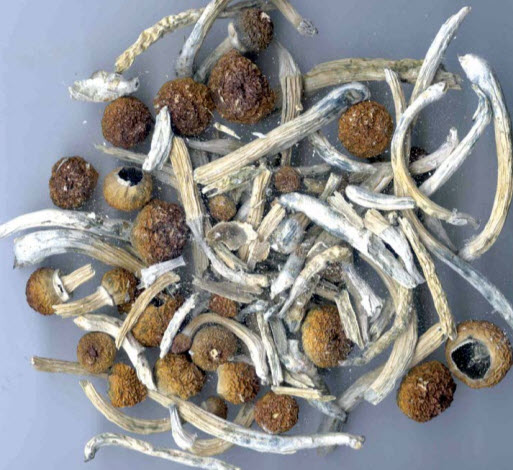
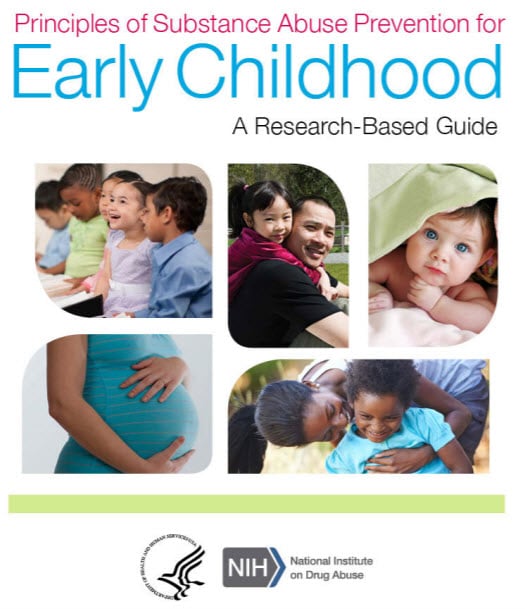








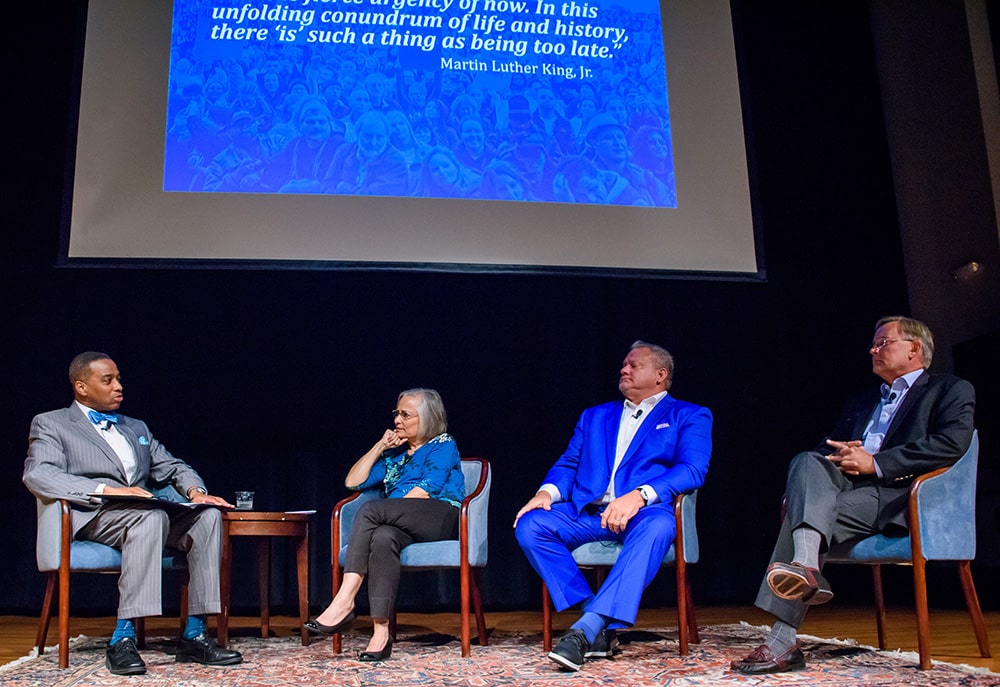



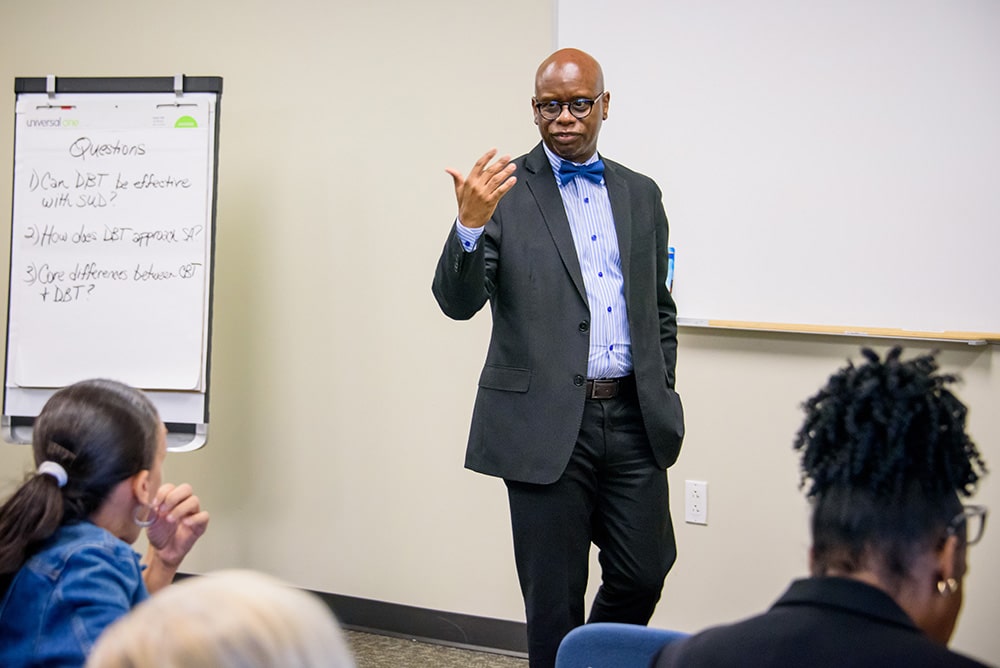


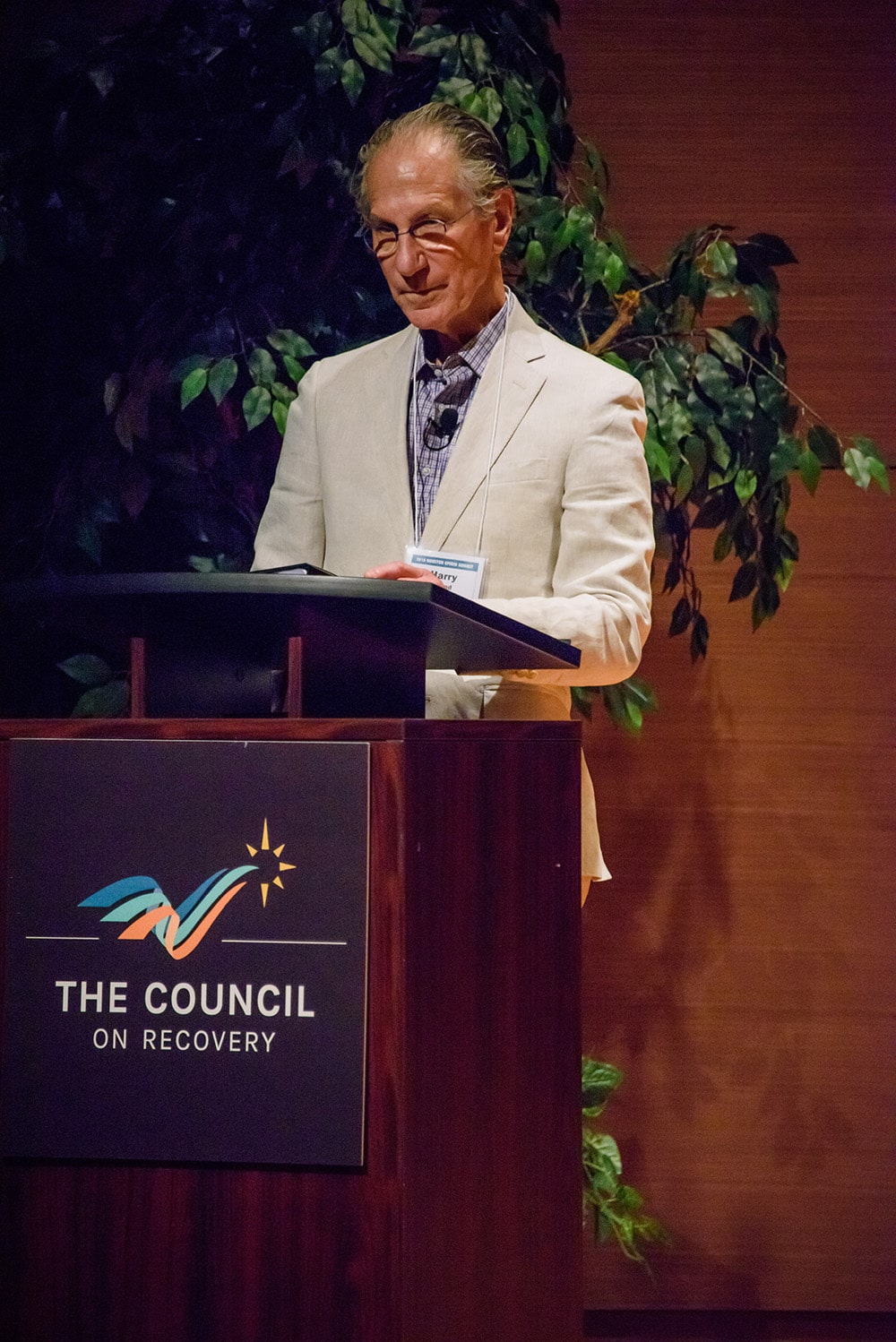




 Recently reported data from the Centers for Disease Control and Prevention (CDC) are shedding new light on the links between excessive alcohol use by women and the increasing risks to female health. Here are vital the facts from the CDC.
Recently reported data from the Centers for Disease Control and Prevention (CDC) are shedding new light on the links between excessive alcohol use by women and the increasing risks to female health. Here are vital the facts from the CDC.